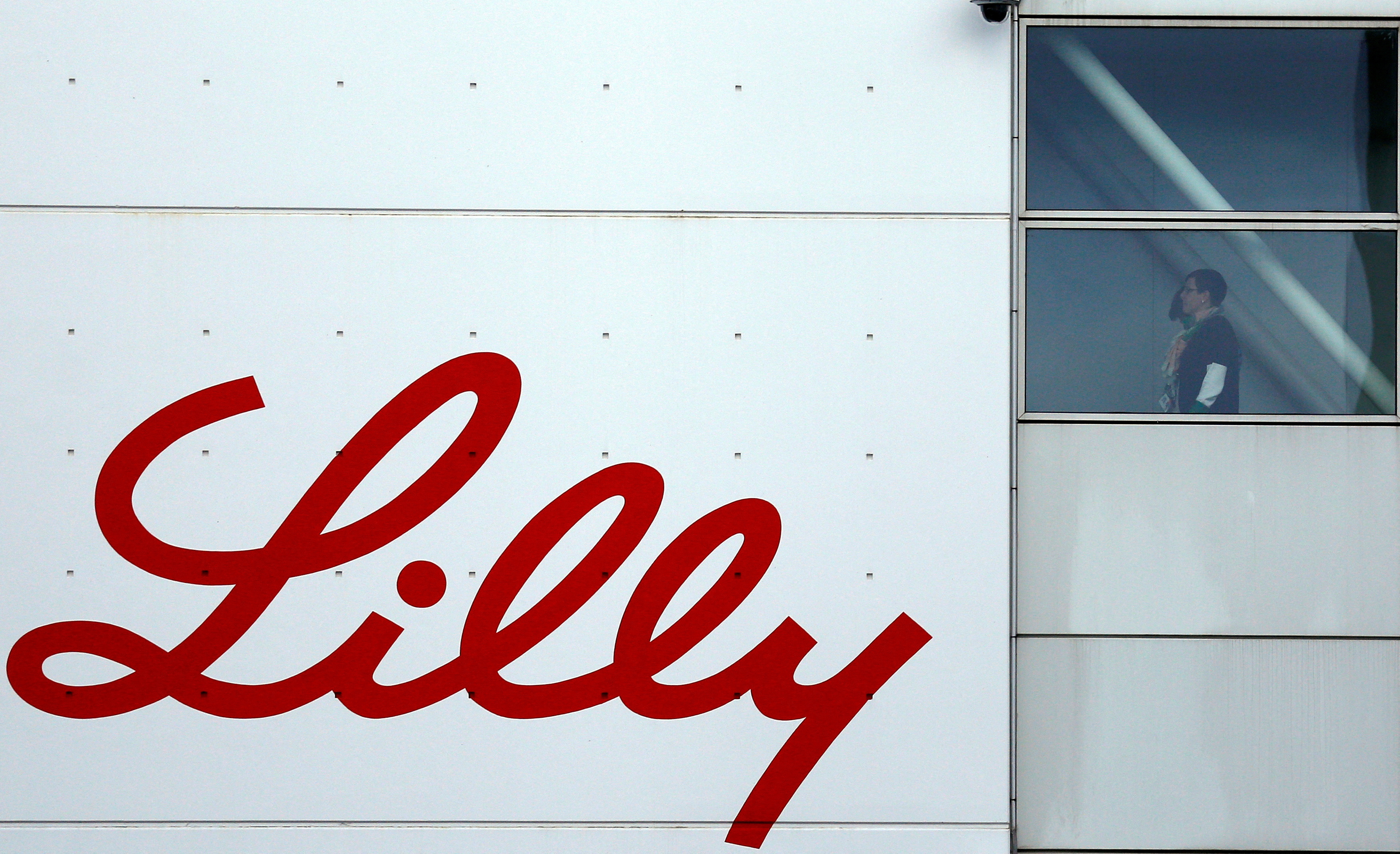Analysis: Surge in net-zero pledges causes growing pains for corporate climate targets group

A pylon of high-tension electricity power lines in front of a smoke stack in Bouee, France. REUTERS/Stephane Mahe Acquire Licensing Rights
August 29 - The trickle of major companies committing to “science-based” targets to reduce their greenhouse gas emissions has turned into a flood. The Science Based Targets initiative (SBTi) recently published its annual monitoring report, showing that more companies set targets through the SBTi in 2022 than over the previous seven years combined.
Companies that go through the SBTi process first make a commitment to set a science-based target, after which they have 24 months to develop their target in line with the SBTi’s criteria. The SBTi then validates that the target is consistent with the Paris Agreement goal of preventing global temperatures increasing above 1.5 degrees Celsius against pre-industrial levels.
A total of 1,097 companies published their SBTi-validated emissions reduction targets last year. The SBTi says that companies representing 34% of the global economy by market capitalisation have committed to science-based targets. This includes 69% of FTSE 100 companies and 42% of S&P 500 companies.
The SBTi has now grown to the point where it “can be regarded as the gold standard of corporate climate target-setting”, says Franziska Sinner, senior director for climate strategies at consulting firm South Pole. She adds that the SBTi has produced “the most robust and rigorous framework available today” for converting global climate commitments to the corporate level.
However, growth has brought challenges for the SBTi, which was formed in 2014 by a coalition of non-profit groups. The SBTi only appointed its first chief executive in February 2022 and was incorporated as a legal entity in June 2023.
“SBTi has faced considerable governance challenges being a small NGO,” says Jono Adams, climate solutions lead at the Anthesis Group consultancy. “This has resulted in significant operational pressures, not least delays in validation services.”
A delivery driver on his rounds in an Amazon Rivian Electric truck in Poway, California, U.S. The SBTi has removed 121 firms, including Amazon, from its list of companies with science-based commitments. REUTERS/Sandy Huffaker Acquire Licensing Rights
In total, 2,079 companies have had targets validated by the SBTi. A further 2,151 companies have made commitments, but are yet to complete the process of setting targets.
A spokesperson for the SBTi said: “As the large increase in validated companies in 2022 shows, there has been significant growth in capacity for validations at the SBTi. The demand for credible climate targets is enormous, so capacity will continue to grow to meet it.”
But not all companies that have made commitments through the SBTi are able or willing to follow through with detailed targets for reducing their emissions.
The SBTi has removed 121 firms, including Amazon, from its list of companies with science-based commitments. Amazon claimed in a statement on August 3 it was “difficult for us to submit in a meaningful and accurate way” due to changes in the SBTi’s requirements for companies submitting targets.
SBTi’s spokesperson points out that the organisation is providing a growing range of resources to “reduce barriers to adoption”, including specific guidance and tools for seven sectors or sub-sectors.
Nevertheless, there is no quick fix to allow companies to get to grips with what is often the extremely complex task of charting a path towards net-zero emissions.
Colgate mouthwash is pictured on sale at a grocery store in Pasadena, California. According to research by Planet Tracker, Colgate-Palmolive and Procter & Gamble are 'on a 3C pathway', with emissions set to be seven times higher than the level recommended by the SBTi for 2030. REUTERS/Mario Anzuoni Acquire Licensing Rights
Rory Sullivan, chief executive of the advisory group Chronos Sustainability, says that often “the economics don't work” in emission-reduction plans, or rely on technologies that don’t yet exist. A voluntary commitment, such as the SBTi, may not be enough of an incentive for some companies to determine detailed plans, he adds.
Another, even more fundamental, question is whether companies that have had their targets validated by the SBTi are genuinely taking meaningful action on their emissions.
Financial think tank Planet Tracker published research earlier this month into three leading fast moving consumer goods (FMCG) companies – Unilever, Colgate-Palmolive and Procter & Gamble – all of which have had emissions reduction goals validated by the SBTi.
According to the research, Colgate-Palmolive and Procter & Gamble are “on a 3C pathway”, with emissions set to be seven times higher than the level recommended by the SBTi for 2030. Unilever was found to be on course to surpass the recommended SBTi level by 1.5 times.
Peter Elwin, director of fixed income and head of food and land use at Planet Tracker, warns that some companies “do not appear to be investing sufficiently” in measures to ensure they meet the Paris Agreement’s objectives.
He emphasises that corporates “should take responsibility” for tackling emissions in their supply chains, which typically account for over 80% of emissions from FMCG companies.
Ultimately, Adams suggests that the SBTi will need to adapt its approach with “more frequent performance milestones”, to deter companies from delaying the implementation of their emission-reduction plans. Companies that commit to long-term goals but fail to follow through with short-term action are “undermining global efforts”, he says, “not least due to the extent of the cumulative emissions that result”.
For companies, one of the biggest barrier in credibly meeting net-zero pledges is addressing their Scope 3 emissions, which lie in their supply chains and in consumer use of their products, and can account for more than 70% of their carbon footprint.
“Scope 3 emissions represent a near-endless list that is hindering businesses from action as they do not know where to start,” according to the We Mean Business Coalition, a group of seven NGOs, including BSR, CDP, Ceres, Climate Group, CLG Europe, The B Team, and the World Business Council for Sustainable Development,.
CDP says that only 39% of companies that respond to its questionnaires are engaging their suppliers on climate matters and just 0.04% currently require their suppliers to set Science Based Targets.
This week the coalition, in collaboration with SBTi, launched an initiative offering practical help for companies to get to grips with their Scope 3 emissions, called Supplier Cascade.
We Mean Business says the approach can be used by businesses of any size and in any sector because it focuses on the one area that organisations can directly control: their relationship with their biggest Tier 1 suppliers.
“This approach creates a cascade of climate action through the supply chain, with each organization asking their own Tier 1 suppliers to make a credible net-zero commitment that is aligned with science, publicly report their progress against targets, and cascade the approach to their own Tier 1 suppliers,” We Mean Business said.
Critically, it is measurable, does not require visibility of the entire supply chain, and straightforward for buyers and procurement teams to implement, Maria Mendiluce, CEO of We Mean Business said. She added: “Once this approach has been taken to scale it generates climate action far beyond a company’s own supply chain.”
Terry Slavin contributed to this article.




